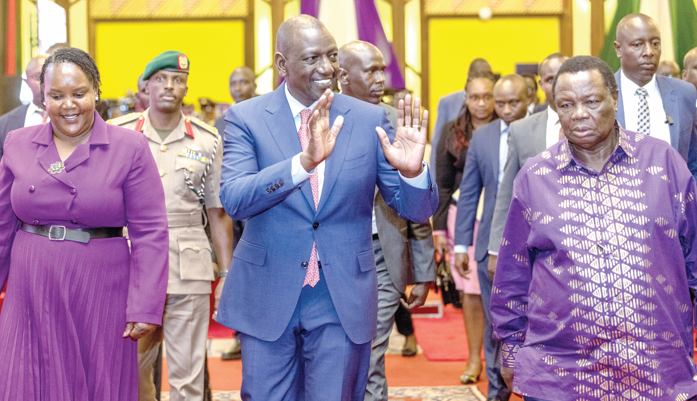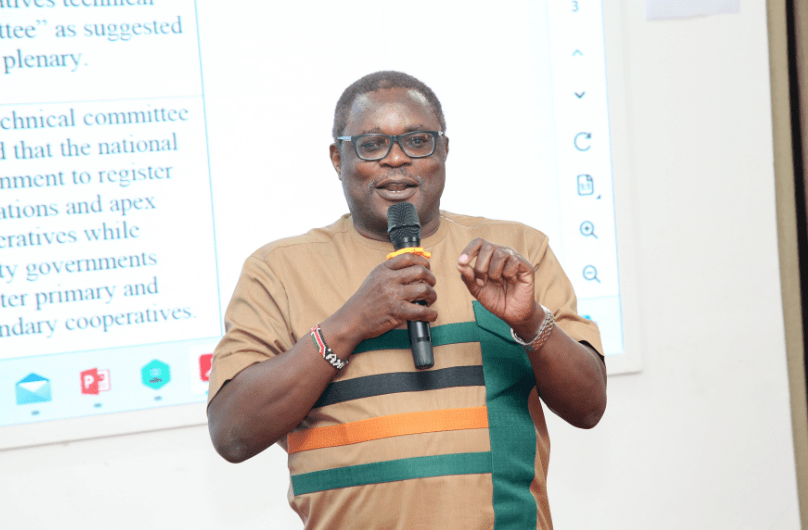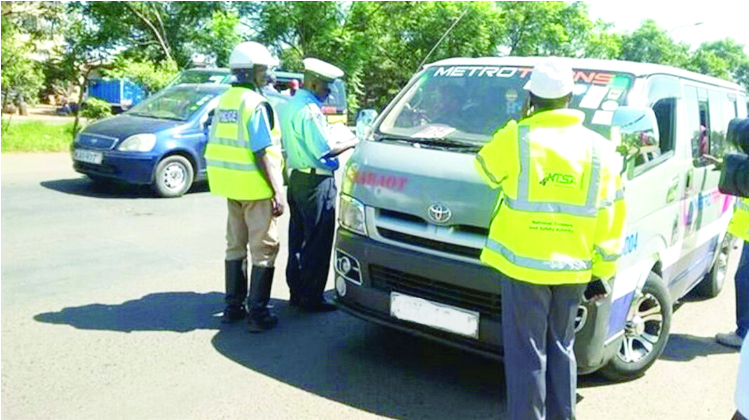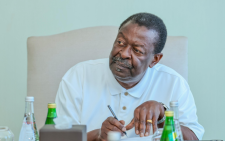Ruto’s ‘Tobong’u Lorre’ right step on Agenda 2063

President William Ruto has popularised the welcome greeting by the Turkana people.
Ingenious Kenyans could soon make it the face of billboards at the country’s entry points. “Tobong’u Lorre!” is the Turkana greeting for welcome home!
This pegged on archeological revelations that Kenya could be the home of humanity. In a bold move, the President implemented a promise made during the Africa Climate Change Summit that the rest of the world will not require visas to come to Kenya. He abolished the requirement of visas for all visitors to Kenya.
“Our world, and the good in it, belongs to those who are not shy to embrace globalisation. Kenyans have shown, time and again, that we are not afraid of the world beyond our borders,” he said.
This presidency has made an attempt at providing leadership to the rest of Africa on climate action, labour mobility, integration and amplify the din for Pan-Africanism.
Ruto’s decision is particularly significant at a time the continent is having conversation around the African Continental Free Trade Area (AfCFTA) agreement which aims to create the largest free trade area in the world connecting 1.3 billion people across 55 countries with a combined Gross Domestic Product valued at $3.4 trillion.
Framers believe it has the potential to lift 30 million people out of extreme poverty and to raise the incomes of 68 million others who live on less than $5.50 per day.
Under AfCFTA, extreme poverty would decline across the continent—with the biggest improvements in countries with currently high poverty rates. Eastern Africa would see a decline of 4.8 million.
But achieving its full potential will depend on putting in place significant policy reforms and trade facilitation measures. This touches on Africa’s Agenda 2063. There is a feeling that few us are giving attention to this important conversation. One of the biggest goals of the agenda is “accelerating progress towards continental unity and integration for sustained growth, trade, exchanges of goods, services, free movement of people and capital through establishing a United Africa and fast tracking economic integration through the free trade area.
The idea is that the increased unity of Africa will make it a global power to be reckoned with and capable of rallying support around its own common agenda and emerging development and investment opportunities in areas such as agri-business and infrastructure.
Agenda 2063 is captured in seven aspirations including the vision of a prosperous Africa based on inclusive growth and sustainable development, an integrated continent, politically united and based on ideals of Pan-Africanism and vision of Africa’s Renaissance.
There is the aspiration for an Africa of good governance, democracy, respect for human rights, justice and the rule of law, a peaceful and secure Africa, an Africa with a strong cultural identity, common heritage, shared values and ethics. An Africa, whose development is people-driven, relying on the potential of African people, especially its women and youth, and caring for children. Africa as a strong, united, resilient and influential global player and partner.
The major barrier around this grand vision has been the nervousness around free movement of people across the continent. Intra-African trade, currently less than 15 per cent of the continent’s total trade, is largely stifled by stringent entry rules making it strenuous for citizens to move from one country to another.
That is why more African leaders should borrow a leaf from Ruto and open their doors to citizens of other countries. This will only be possible through ratification of the necessary protocols.
To use the words of Ghanaian trade expert, Joseph Atta-Mensah, “Let Africans roam freely. Free movement of people is a must if Africa wants to enjoy the full benefits of the AfCFTA.”
—The writer, founder of the Kenya Speechwriters Clinic, is the Political Editor at People Daily. emekamayaka@gmail.com












